The National Examinations Council of Tanzania (NECTA) plays a crucial role in shaping the academic future of students. As students progress to Form Six, selecting the right subject combination is essential for their future career paths. This blog post aims to provide a detailed overview of the various Form Six combinations that students will sit for in the NECTA examination. Understanding these combinations can help students make informed decisions and excel in their chosen fields.
Introduction to Form Six Combinations ACSEE – NECTA Form Examination
Form Six is a pivotal stage in the Tanzanian education system. It marks the culmination of secondary education and sets the stage for higher education and career opportunities. In this blog post, we will explore the different subject combinations available for Form Six students, focusing on both natural science and arts combinations. Each combination is designed to cater to specific academic interests and career aspirations.
General Studies: A Compulsory Subject
Before delving into the specific combinations, it is important to note that General Studies is a compulsory subject for all Form Six students. This subject aims to provide a broad understanding of social, political, and economic issues, fostering well-rounded individuals who are aware of their societal roles.
Natural Science Combinations
Natural science combinations are ideal for students interested in pursuing careers in scientific and technical fields. These combinations include:
1. Physics, Chemistry, and Mathematics (PCM)
- Physics: Develops understanding of fundamental physical principles and their applications.
- Chemistry: Covers chemical reactions, properties of materials, and laboratory techniques.
- Mathematics: Enhances analytical and problem-solving skills essential for scientific inquiry.
2. Physics, Chemistry, and Biology (PCB)
- Physics: Foundation in physical principles and their real-world applications.
- Chemistry: Understanding of chemical processes and laboratory skills.
- Biology: Study of living organisms, genetics, and ecological systems.
3. Physics, Geography, and Mathematics (PGM)
- Physics: Fundamental physical laws and applications.
- Geography: Physical and human geography, environmental studies.
- Mathematics: Analytical and quantitative skills.
4. Economics, Geography, and Mathematics (EGM)
- Economics: Principles of economics, market structures, and economic policies.
- Geography: Human and physical geography, resource management.
- Mathematics: Quantitative analysis and problem-solving.
5. Chemistry, Biology, and Geography (CBG)
- Chemistry: Chemical properties and reactions, lab techniques.
- Biology: Study of life sciences, genetics, and ecosystems.
- Geography: Environmental studies, physical geography.
6. Chemistry, Biology, and Agriculture (CBA)
- Chemistry: Fundamental chemical principles and lab skills.
- Biology: Biological processes, genetics, and agriculture science.
- Agriculture: Agricultural practices, crop and animal production.
7. Chemistry, Biology, and Food and Human Nutrition (CBN)
- Chemistry: Chemical properties and processes.
- Biology: Life sciences, nutrition, and health.
- Food and Human Nutrition: Nutritional science, dietetics, and food technology.
Arts & Business Combinations
Arts combinations are tailored for students with interests in humanities, social sciences, and languages. These combinations include:
1. History, Geography, and English Language (HGL)
- History: Study of historical events, cultures, and societies.
- Geography: Physical and human geography, environmental issues.
- English Language: Language skills, literature, and communication.
2. History, Geography, and Kiswahili (HGK)
- History: Historical analysis and understanding of past events.
- Geography: Study of the Earth and its environments.
- Kiswahili: Proficiency in Kiswahili language and literature.
3. History, Kiswahili, and English Language (HKL)
- History: Exploration of historical developments and impacts.
- Kiswahili: Mastery of Kiswahili language and culture.
- English Language: English proficiency and literary studies.
4. Kiswahili, English Language, and French (KLF)
- Kiswahili: Language skills and cultural understanding.
- English Language: English communication and literature.
- French: Proficiency in French language and Francophone cultures.
5. Economics, Commerce, and Accountancy (ECA)
- Economics: Economic theories, policies, and applications.
- Commerce: Business practices, trade, and marketing.
- Accountancy: Financial accounting, management, and reporting.
6. History, Geography, and Economics (HGE)
- History: Comprehensive understanding of historical events and movements.
- Geography: Study of the environment and human interactions.
- Economics: Economic principles and market analysis.
Conclusion
Choosing the right Form Six combinations is a significant decision for students preparing for the NECTA examination. Each combination offers a unique blend of subjects tailored to different academic and career aspirations. By understanding the options available, students can align their studies with their interests and future goals, ensuring a successful and fulfilling educational journey.
Selecting the right combination is crucial, and we hope this guide provides clarity and assists students in making informed choices. Remember, the right combination can pave the way for academic excellence and a bright future.

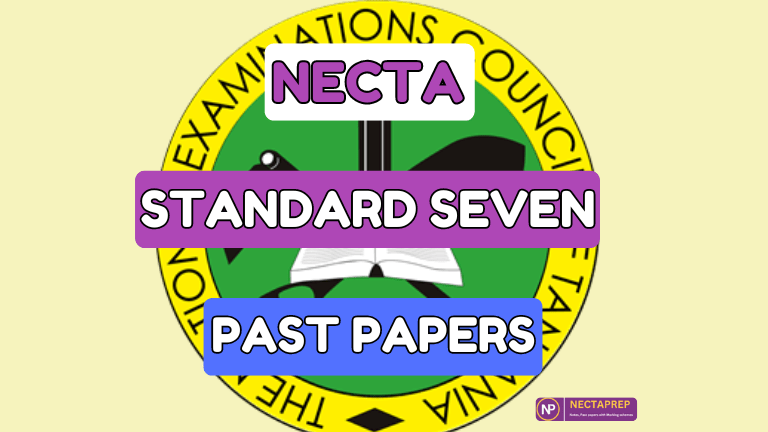
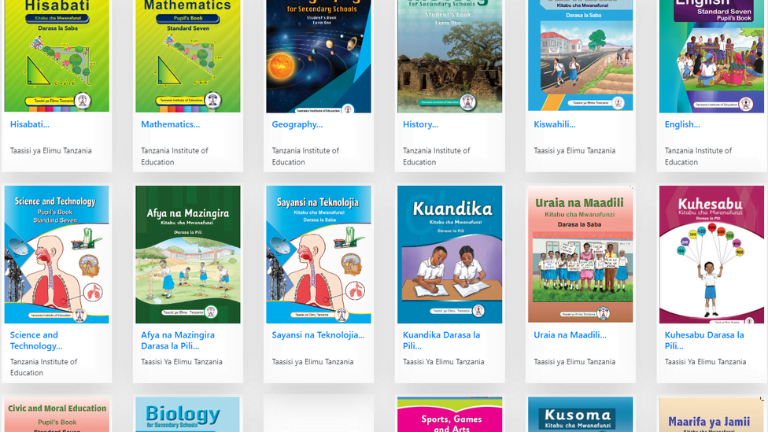

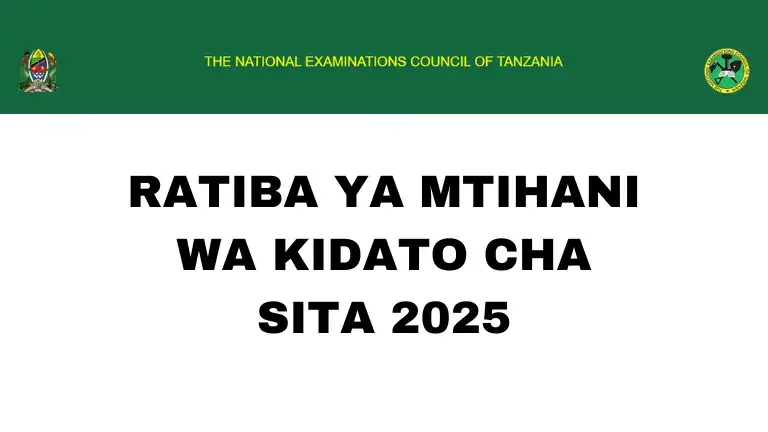
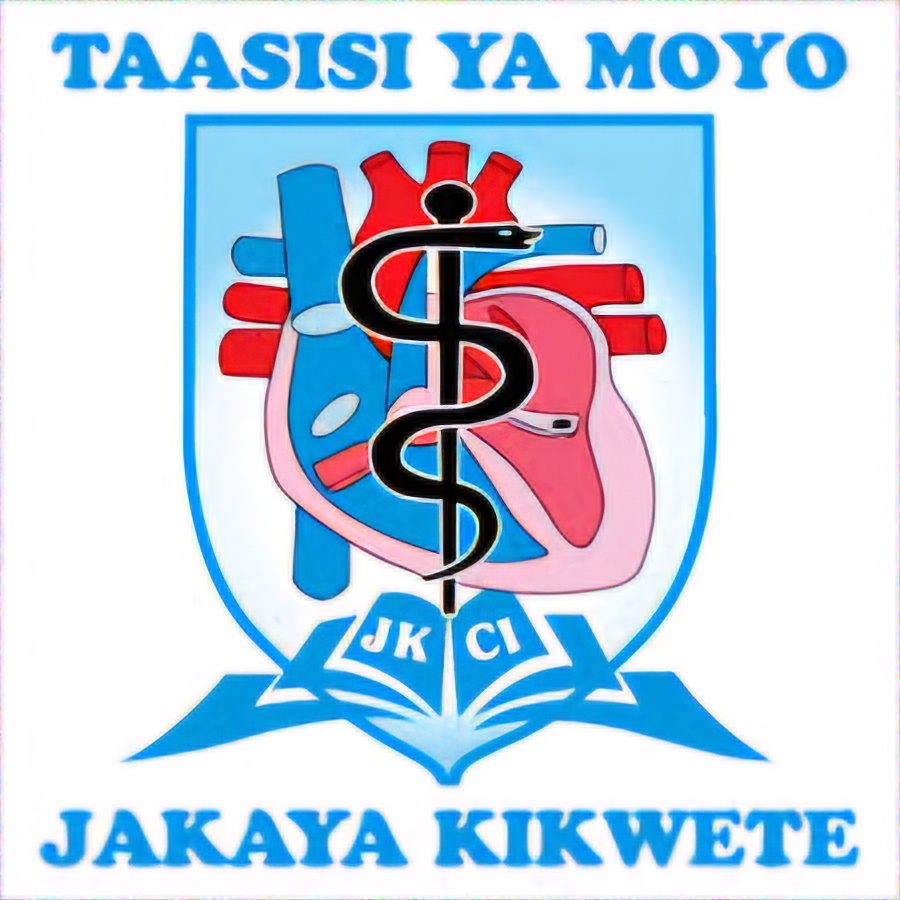

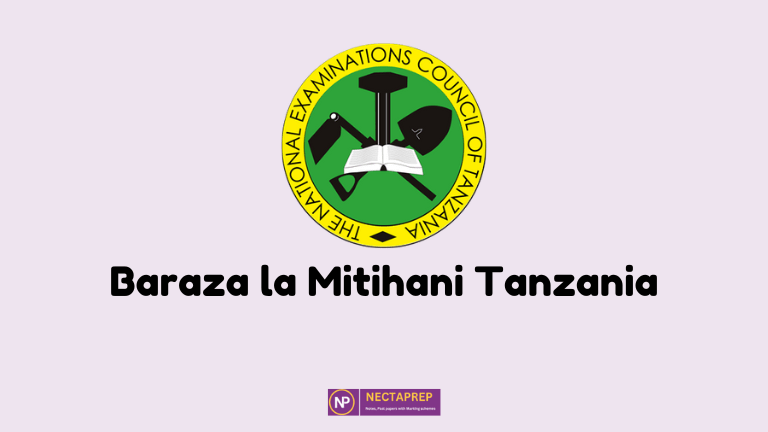
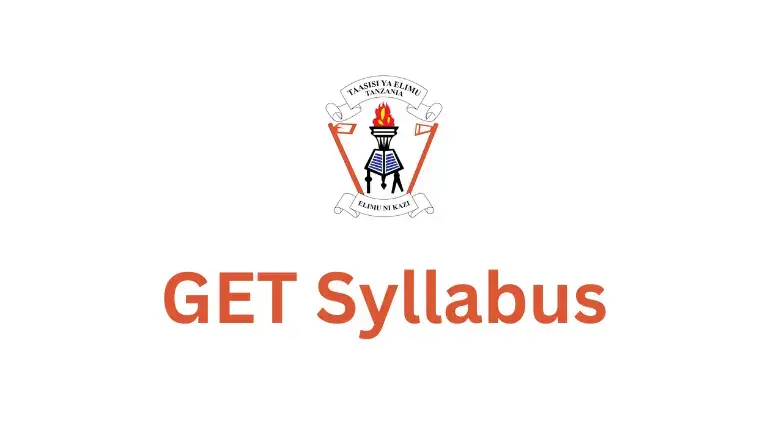

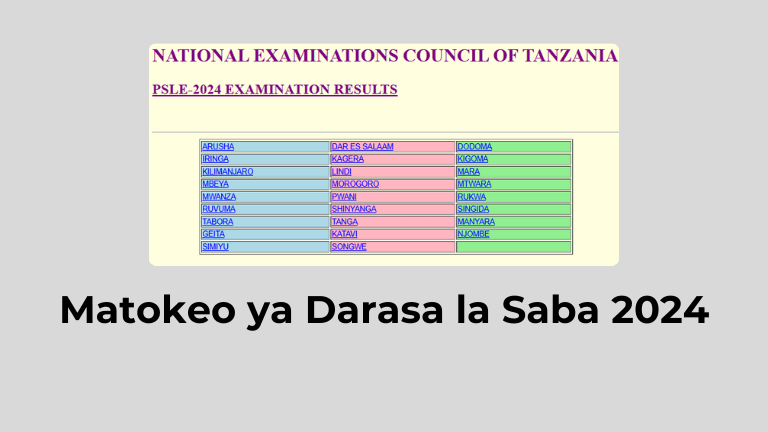
Leave a Reply